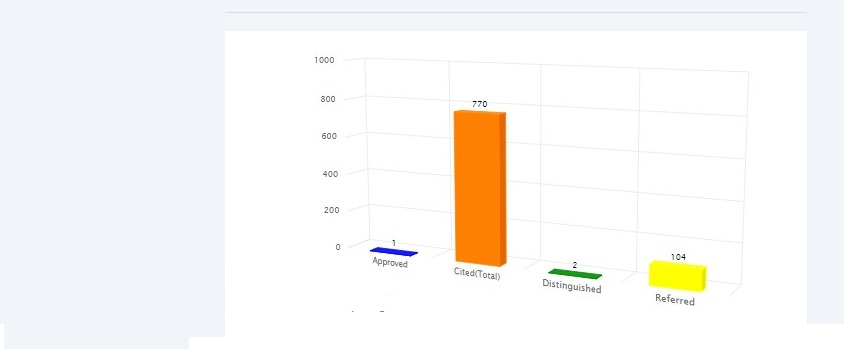
Trending Topics
The latest news, technologies, and resources from our team.
What is Section 506 IPC?
Section 506 IPC says that “Whoever commits, the offence of criminal intimidation shall be punished...
What is Section 471 IPC?
Section 471 IPC says that “Whoever fraudulently or dishonestly uses as genuine any document or...
As per the recent report of Hindu.com, over 2300 domestic violence complaints were filed with the National commission for Women...
Recommended
-
1
-
2
-
3
-
4
Other Topics Channels
Latest Blog Posts
The latest news, technologies, and resources from our team.
Trending Blogs
The latest news, technologies, and resources from our team.



.png)
.jpg)



.jpg)
.jpg)
